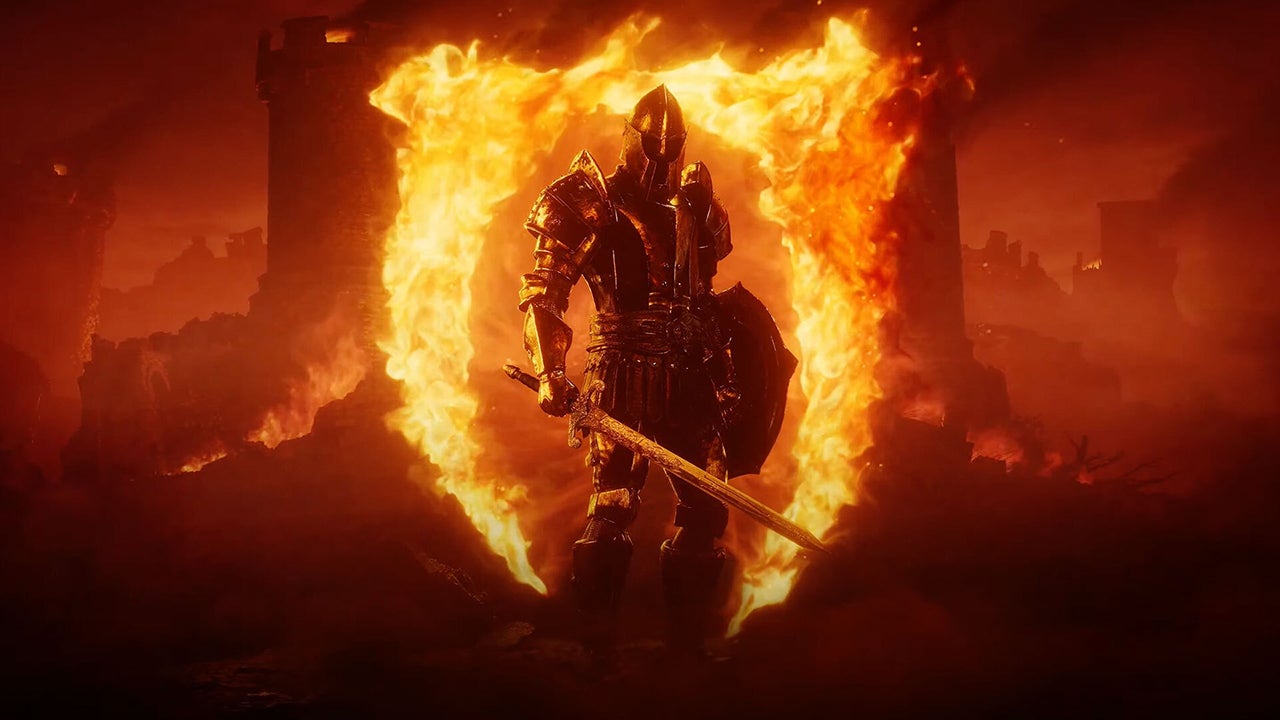Oblivion Reborn: Original Designer Hails Bethesda's Remaster as a Groundbreaking 'Oblivion 2.0'

Bruce Nesmith, the senior game designer behind the original The Elder Scrolls IV: Oblivion, is singing high praise for the upcoming remastered version. In a recent statement, Nesmith suggested that the collaboration between Bethesda and Virtuos has resulted in such a remarkable transformation that the term "remaster" might actually undersell the game's incredible makeover.
The veteran designer was so impressed by the visual and technical improvements that he believes the new version transcends the traditional definition of a remaster, hinting at a potentially groundbreaking reimagining of the beloved classic RPG.
